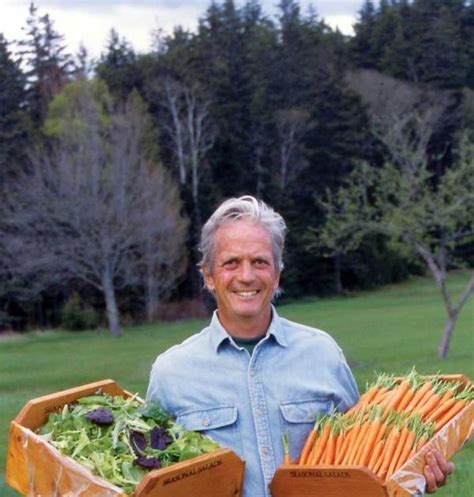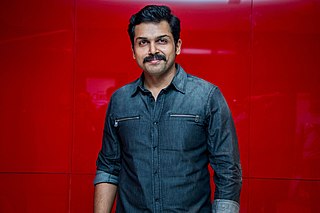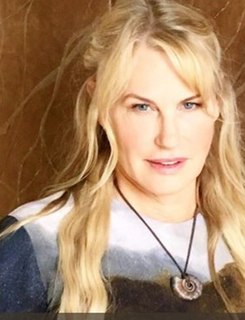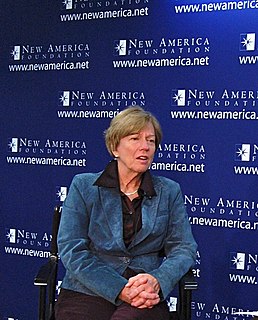A Quote by Tristram Stuart
Of course, I prefer organic farming to chemical-dependent farming, but sometimes absolutist organic prescriptions go too far. I don't even rule out the possibility of genetic modification generating some benign ideas, as long as we can keep them away from monopolists such as Monsanto.
Related Quotes
It is vitally important that we can continue to say, with absolute conviction, that organic farming delivers the highest quality, best-tasting food, produced without artificial chemicals or genetic modification, and with respect for animal welfare and the environment, while helping to maintain the landscape and rural communities.
Since chemical fertilizer burns out the soil organic matter, other farmers struggle with tilth, water retention, and basic soil nutrients. The soil gets harder and harder every year as the chemicals burn out the organic matter, which gives the soil its sponginess. One pound of organic matter holds four pounds of water. The best drought protection any farmer can acquire is more soil organic matter.



































